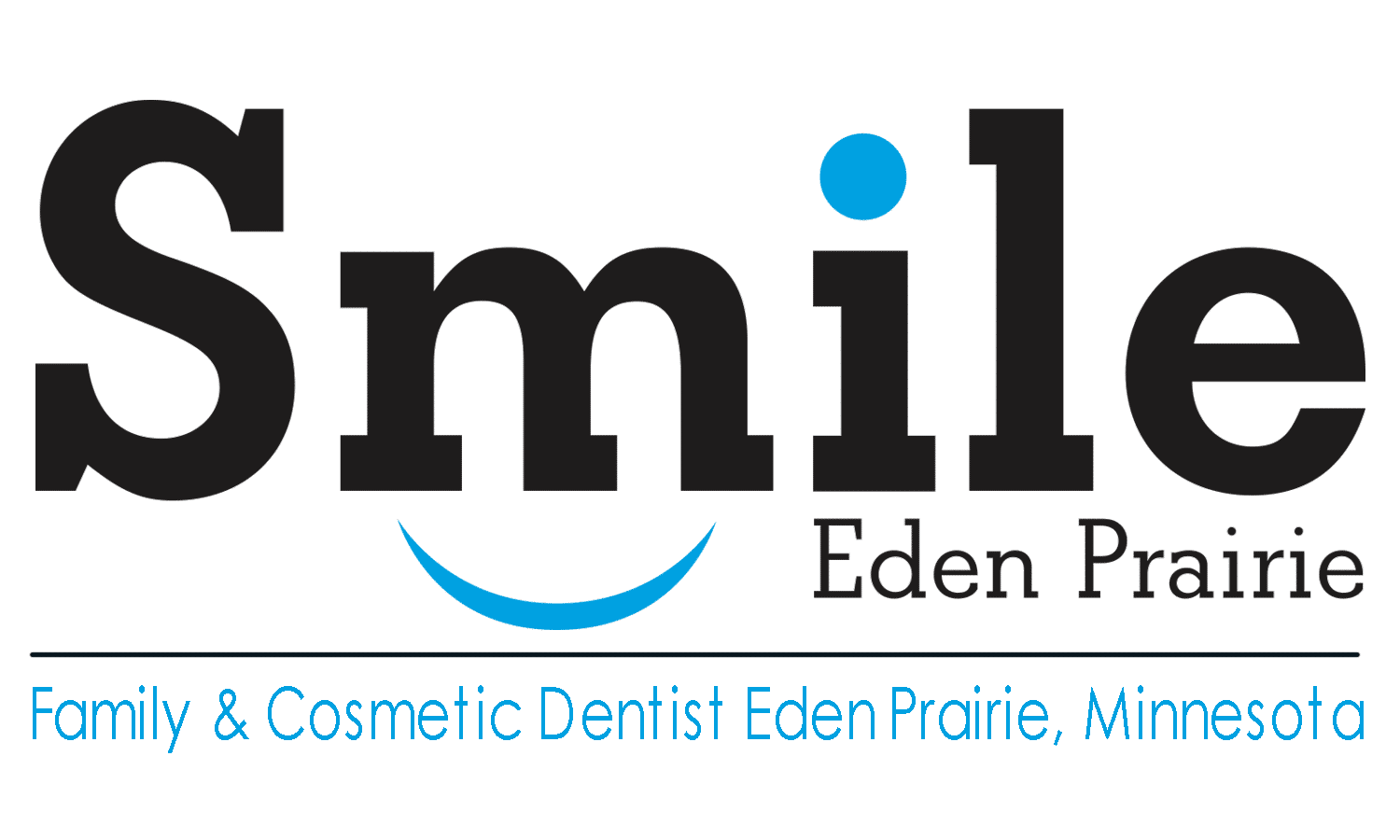What Does a Dentist Do?
While brushing and flossing are important aspects of oral care at home, it is also important to make regular visits to the dentist eden prairie minnesota. A dentist provides care for teeth, gums and general oral health in addition to preventative care. Below is a summary of what patients can expect during routine visits to the dentist.
Dental X-Rays
Dental X-rays are routinely taken at checkup visits. X-rays provide the dentist with insight that may not be visible from the surface with the naked eye. The images can provide insight regarding cavities between your teeth, health of supporting bone and the position of developing teeth in children. There are various types of X-rays and your dentist will decide which ones provide the optimal view in addition to how many are needed.
Oral Examination
A dental hygienist is able to do many things during a routine checkup while the more advanced tasks such as filling a cavity or extracting a tooth will be handled by your dentist. During the oral examination, the dentist will evaluate and look at the following:
- Decay: Your dentist and the hygienist will identify any signs of tooth decay or softening of the enamel as this can be an early sign of a cavity developing.
- Measurements: A periodontal probe will be used to measure the pockets around your teeth as this helps determine the health of your gums and the supporting bone. This measurement can help identify when there bone loss due to gum disease.
- Bite: Your bite will also be evaluated during an oral exam. The dentist will look for any irregularities or issues. Dentists also monitor children's teeth closely in the event an orthodontic referrals is needed.
Oral Cancer Screening
Early detection is critical in the success of oral cancer treatments. As a result, dentists will screen for this at every checkup. Your head, neck, lips, tongue and mouth will be examined for anything unusual during your visit.
Scaling and Polishing
Patients are strongly encouraged to have their teeth professionally cleaned to maintain healthy gum tissue and prevent periodontal disease. Special instruments will be used to scale off any hardened plaque which is also called tartar. Your teeth will them be polished with a special paste to remove stains and to strengthen the enamel.
Fluoride
The American Academy of Pediatric Dentistry (AAPD) encourages the use of topical fluoride treatments for children to strengthen their tooth enamel. Fluoride treatments are usually completed following a cleaning. Fluoride treatments can also be helpful for adults who are at an increased risk for tooth decay.
Sealant
To avoid tooth decay for children, your dentist may recommend applying a sealant on the top surface of the back molars. Applying the sealant is simple, painless and typically remains in place for 5-10 years.
Home Care
During a routine visit to the dentist, patients will be provided with instructions for healthy oral care at home. This can include instructions on thorough brushing and flossing techniques. Taking care of your teeth can help avoid painful and expensive issues down the road. Prevention and early intervention are key.
More on Dentistry : Finding a Dentist Near me
